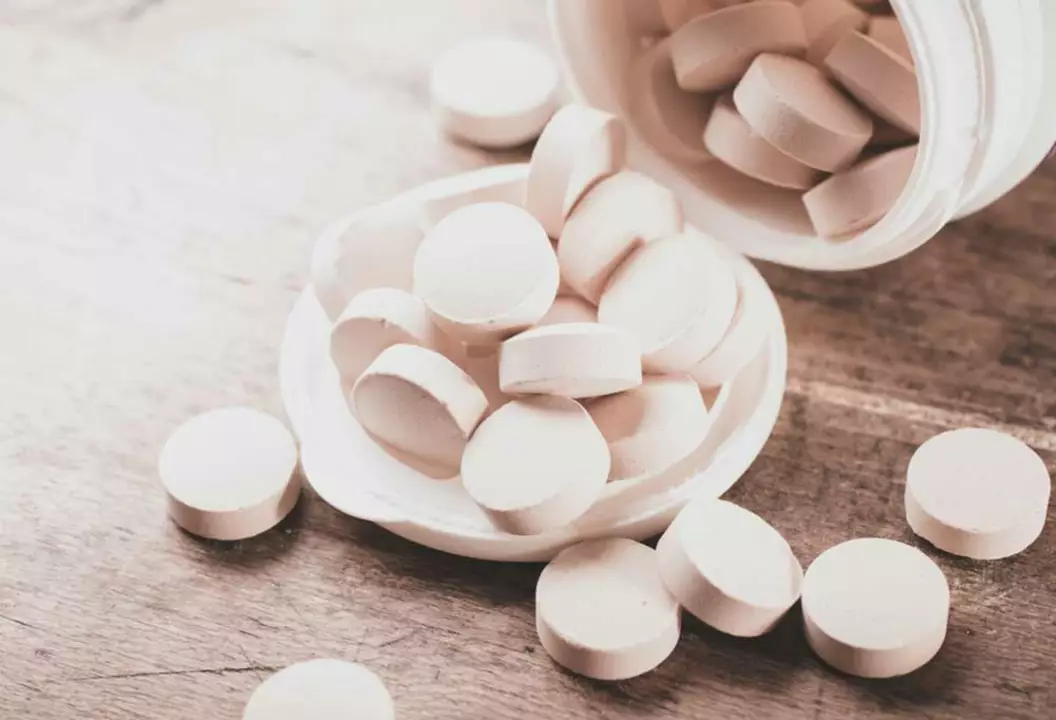Pata de Vaca (Bauhinia): Uses, Benefits, and Safety
Heard of pata de vaca and wonder if it really helps with blood sugar or other health issues? Pata de vaca (often called Bauhinia forficata) is a South American plant used in traditional medicine. People brew it as a tea, take extracts or capsules, and use it for things like lowering blood sugar, easing inflammation, and improving digestion.
What pata de vaca does and what the evidence says
Animal experiments and some small human trials show pata de vaca may help reduce blood sugar levels. That’s why people with type 2 diabetes often try it as a complementary herb. It also has compounds that look anti-inflammatory in lab tests, which could explain why some folks notice less swelling or stomach discomfort.
That said, the evidence isn’t rock solid. Most studies are small or done in animals, and human trials vary in quality. Think of pata de vaca as a promising herbal option—not a replacement for proven medications. If you’re curious, try it carefully and keep monitoring your health.
How to use pata de vaca safely
Common forms: tea (steeped leaves), liquid extracts, and standardized capsules. There’s no single agreed dose because studies use different preparations. A practical approach is to follow the product label or ask a healthcare pro for a starting dose.
Watch for interactions. If you’re on blood sugar meds (metformin, insulin, sulfonylureas), pata de vaca can increase the risk of hypoglycemia (low blood sugar). That means you may need closer glucose monitoring and possibly dose changes from your doctor. Also be cautious mixing multiple herbs that affect blood sugar.
Side effects are usually mild: stomach upset, nausea, or bloating. Pregnant or breastfeeding people should avoid pata de vaca because safety data is limited. If you have liver or kidney disease, check with your clinician first—herbal compounds can affect organ function or interact with other drugs.
Want practical tips? Start with a low dose and keep a simple log: product name, dose, time taken, and any symptoms. Test your blood sugar more often during the first weeks if you have diabetes. Stop the herb and contact your provider if you feel dizzy, shaky, overly tired, or notice other worrying signs.
On Medisave.SU we cover a lot of related supplements and herbs—check out posts like "Blessed Thistle: The Natural Supplement Revolutionizing Health" and "English Walnut Nutritional Goldmine" if you’re exploring natural options. You’ll also find clear guides on interacting medicines and safety topics across our articles.
If you want more detail, browse the articles listed under this tag to see real reviews, user experiences, and product comparisons. And if you plan to add pata de vaca to your routine, talk to a pharmacist or doctor first—especially when you’re taking prescription meds.
In recent years, Pata De Vaca has been making waves in the dietary supplement industry, and I couldn't help but take a closer look. This incredible plant, native to South America, is known for its remarkable health benefits, particularly in managing diabetes and promoting weight loss. As I delved deeper into this phenomenon, I discovered that Pata De Vaca's unique compounds help our bodies regulate blood sugar levels and assist in proper digestion. Furthermore, its antioxidants and anti-inflammatory properties contribute to overall wellbeing. It's no wonder that Pata De Vaca is revolutionizing the dietary supplement industry, and I'm excited to see what's next for this game-changing ingredient.

